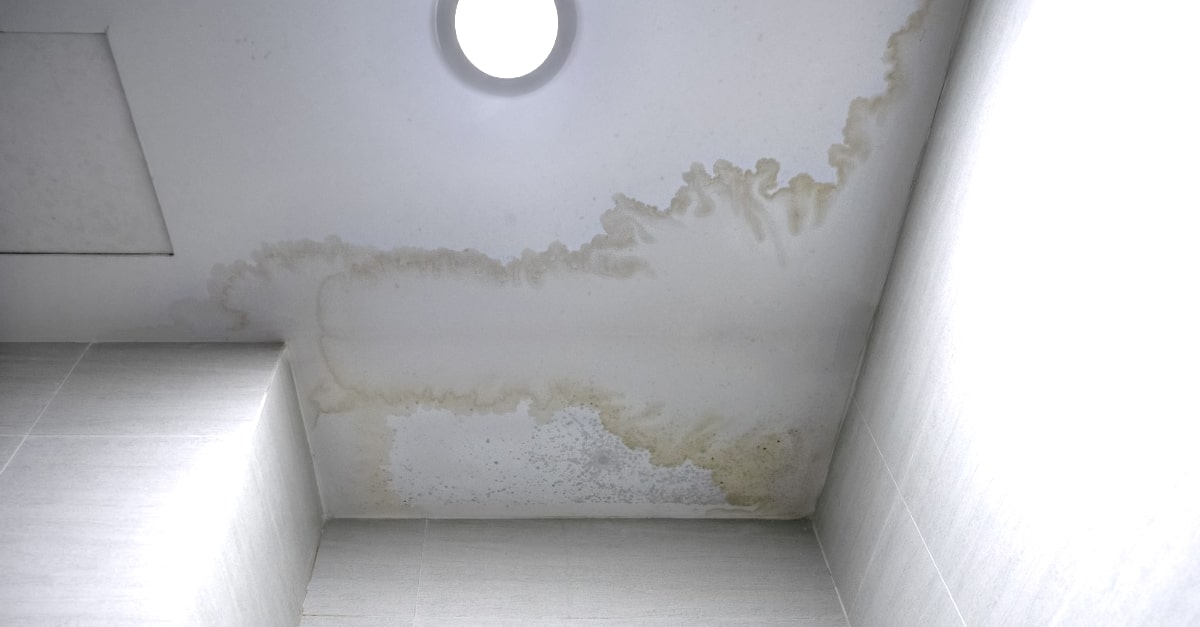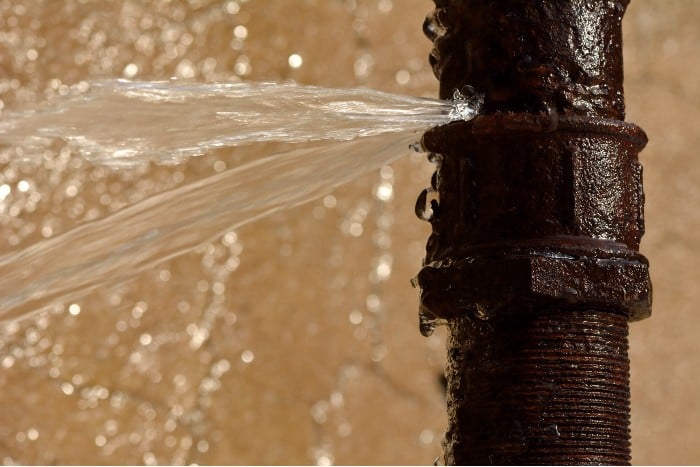The Residential Common Frequent Leak Triggers: Investigation
The Residential Common Frequent Leak Triggers: Investigation
Blog Article
Everyone seems to have their own idea in relation to How Fast Water Damage Can Ruin Your Home.

Leaks not just create waste of water but can likewise create unneeded damages to your house as well as advertise undesirable natural growth. By understanding and looking for daily circumstances that cause leakages, you can protect your house from future leaks and unnecessary damage.
Elbowing in roots
Many water leaks begin outside the house as opposed to inside it. If you notice a sudden reduction in water pressure, say in your faucet, require time to head out and also examine your backyard. You could notice wet spots or sinkholes in your yard, which may imply that tree roots are getting into water lines creating water to seep out. You can have your plumber look for invasion, especially if you have trees or bushes near your residential or commercial property.
Rusty water systems
As time passes by, your plumbing system ages and rust such as corrosion may begin eating away the pipes. This might be the root cause of discoloration or bending on your water pipes. This calls for an evaluation with your plumber immediately. If our plumbing system is old, think about replacing the pipelines because they are at a higher threat of corrosion than the newer models.
Malfunctioning Pipe Joints
The point at which your pipes attach is frequently the weakest link in the waterline. Pipe joints can wear away with time, resulting in water leaks. The majority of pipeline joints are not conveniently visible. If you have loud pipelines that make ticking or banging noises, especially when the hot water is turned on, your pipe joints are possibly under a lot of pressure. It is advisable to have your plumber examine your system annually.
Instant temperature modifications.
Extreme temperature level changes in our pipelines can trigger them to broaden as well as contract unexpectedly. This expansion and also contraction may trigger splits in the pipelines, specifically if the temperature are below cold.
Poor Water Connectors
At times, a leakage can be caused by loose hoses and pipelines that provide your appliances. In case of a water connections leakage, you may notice water running directly from the supply line or pools around your home appliances.
Clogged Drains
Blocked drains might be irritating and also inconveniencing, but they can sometimes end up triggering an overflow causing burst pipes. Keep eliminating any kind of materials that may drop your drains that might obstruct them to avoid such aggravations.
All the above are sources of leakages yet not all water leakages result from plumbing leaks; some leakages may come from roofing system leakages. All leakages should be repaired instantly to stay clear of water damages.
Leaks not just cause waste of water yet can likewise trigger unneeded damages to your home as well as advertise undesirable organic growth. By looking and also comprehending for day-to-day scenarios that cause leakages, you can shield your house from future leakages and also unneeded damages. Today, we will look at six leakage causes that may be creating your pipes to trickle.
At times, a leakage can be created by loose pipes and also pipelines that provide your home appliances. In case of a water connections leak, you might observe water running directly from the supply line or pools around your devices.
How To Check For Water Leak In Your Home
How To Check for Leaks
The average household's leaks can account for nearly 10,000 gallons of water wasted every year and ten percent of homes have leaks that waste 90 gallons or more per day. Common types of leaks found in the home are worn toilet flappers, dripping faucets, and other leaking valves. These types of leaks are often easy to fix, requiring only a few tools and hardware that can pay for themselves in water savings. Fixing easily corrected household water leaks can save homeowners about 10 percent on their water bills.
To check for leaks in your home, you first need to determine whether you're wasting water and then identify the source of the leak. Here are some tips for finding leaks:
Take a look at your water usage during a colder month, such as January or February. If a family of four exceeds 12,000 gallons per month, there are serious leaks.
Check your water meter before and after a two-hour period when no water is being used. If the meter changes at all, you probably have a leak.
Identify toilet leaks by placing a drop of food coloring in the toilet tank. If any color shows up in the bowl after 10 minutes, you have a leak. (Be sure to flush immediately after the experiment to avoid staining the tank.)
Examine faucet gaskets and pipe fittings for any water on the outside of the pipe to check for surface leaks.
Undetected water leaks can happen without the home or business owner even realizing. If you suspect a water leak, but not able to find the source. It is time to contact a professional water leak detection service, The Leak Doctor.
How To Find a Water Leak In Your Home
https://www.leakdoctor.com/blog/How-To-Check-For-Water-Leak-In-Your-Home_AE197.html

Do you really like more info about Top Causes of Home Water Leaks? Leave feedback further down. We would be pleased to see your responses about this write up. We hope that you come back again soon. Are you aware of somebody else who is excited about Top Causes of Home Water Leaks? Feel free to share it. I am grateful for your time. Visit us again soon.
Emergency? We're here! Report this page